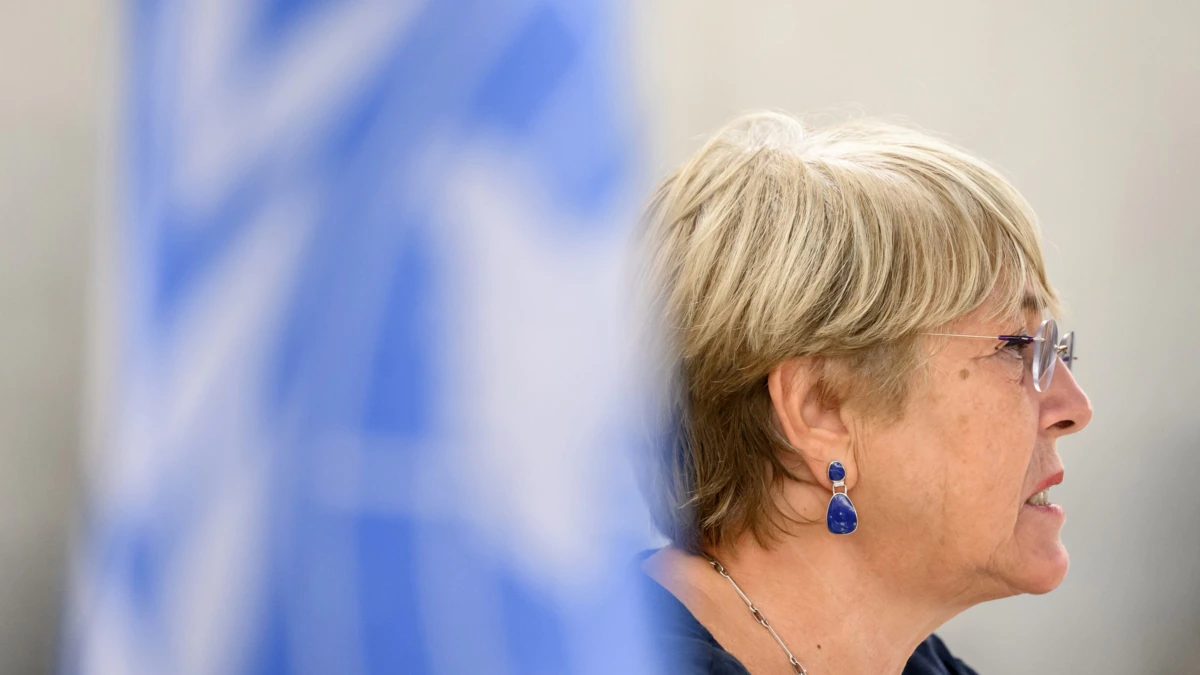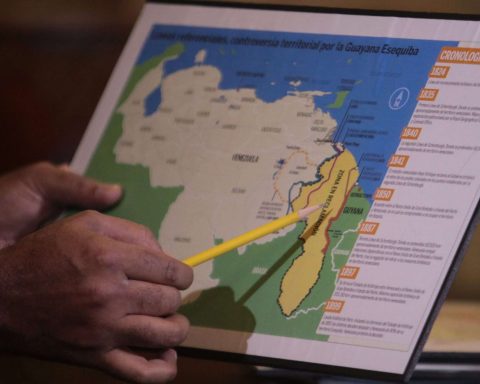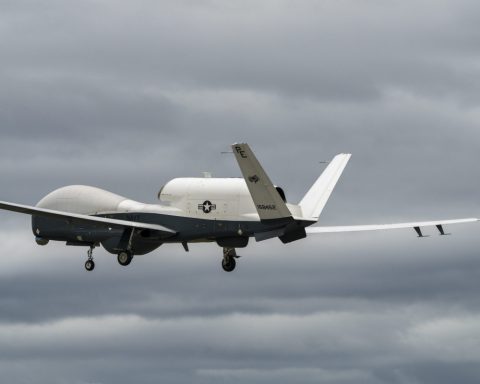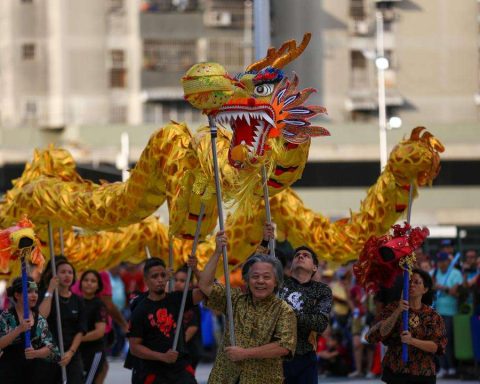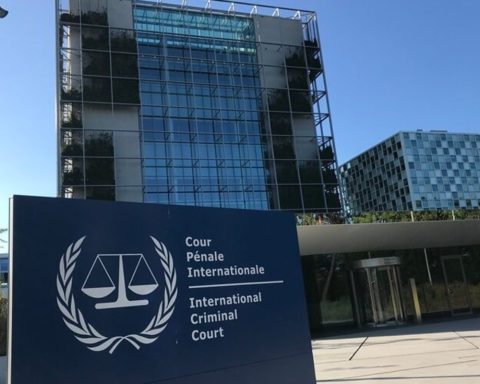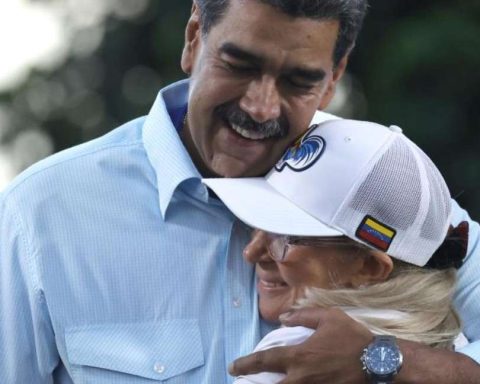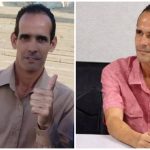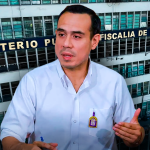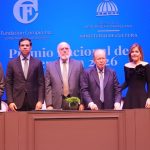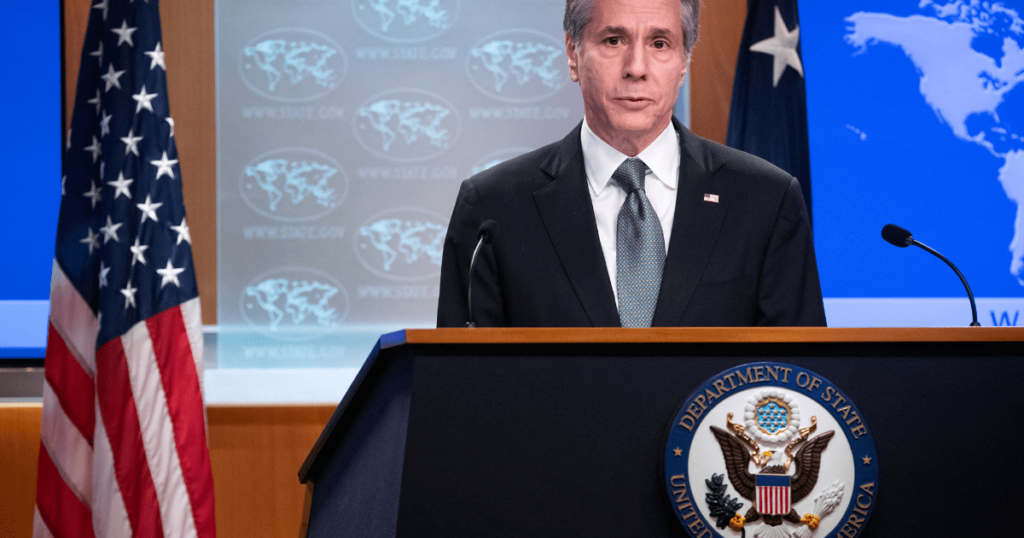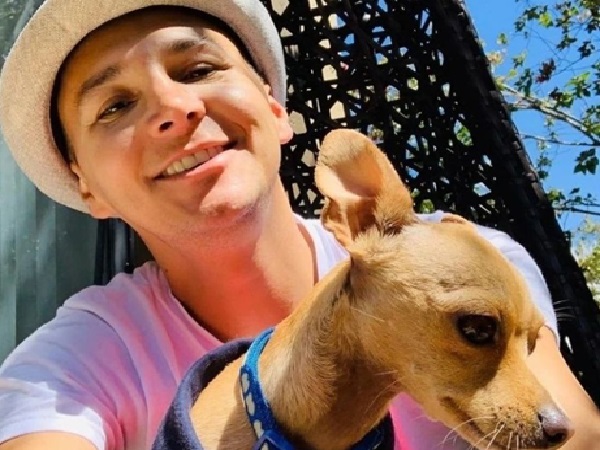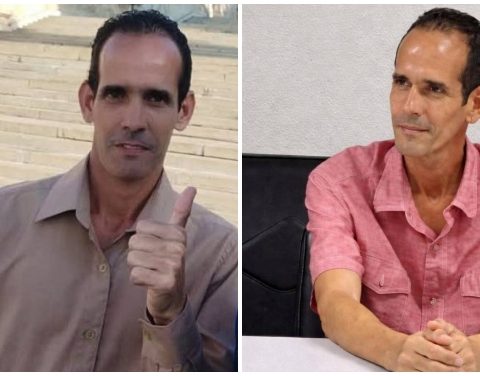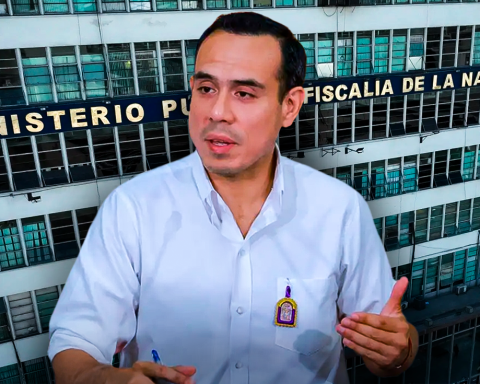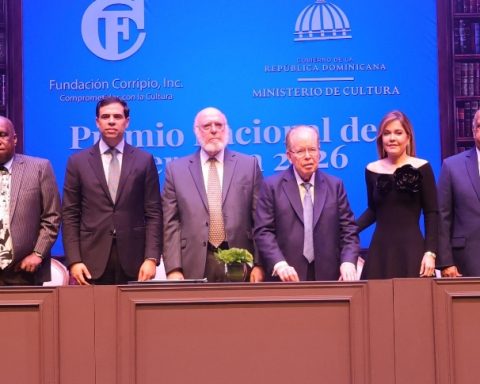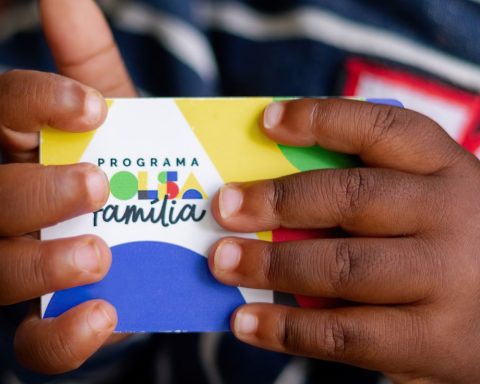The UN High Commissioner for Human Rights, Michelle Bachelet, warned that, since September of last year, her office has documented 93 incidents related to restrictions on civic and democratic space in Venezuela, including criminalization and stigmatization of activists and the media. .
“I remain concerned about the prosecutions of members of the human rights NGO FundaRedes. Its director, Javier Tarazona, still detained and his health seems to be deteriorating,” Bachelet commented on Thursday when presenting the oral update of the report on the situation of human rights in Venezuela.
The High Commissioner warned that her office continues to show “challenges” to due process, including the right to liberty and prompt trials in Venezuela.
“Of the cases decided by the working group on arbitrary detentions, 12 people remain in detention. I reiterate that all people arbitrarily detained must be released and due process guarantees must be respected,” he said.
By “strongly” urging the authorities to build a “safe and inclusive environment” for all Venezuelans, he stressed that, since September, his office has documented the closure of eight radio stations and programs, allegedly by order of the National Commission of Telecommunications (Conatel), State agency that regulates the area.
“In addition, access to the websites of at least seven media outlets has been blocked. The people of Venezuela have the right to independent sources of information and the freedoms of the media must be protected”, he stated, reiterating his concern about the lack of availability of public information.
The High Commissioner affirmed that, since the presentation of her report in September 2021, they have shown, by the Venezuelan State, “initiatives” of reform that “open opportunities for the implementation of human rights recommendations.”
Although the official noted that state agents have been convicted of at least three “emblematic cases” and described it as “steps in the right direction,” she warned that “there is still much more to do.”
“The reform of the justice system and the restructuring of the national police are promising steps. In particular, the prohibition of the prosecution of civilians by military courts, as well as measures to deal with overcrowding in pre-trial detention centers and to dissolve the Special Actions Forces”, he exposed.
Bachelet assured that the possibility of a resumption of negotiations between the government and the Venezuelan opposition is “encouraging” and urged them to commit to an “inclusive and meaningful negotiation, with full respect for human rights and the rule of law.”
“We are ready to provide technical assistance and I encourage the international community to facilitate the conditions conducive to reaching and implementing meaningful agreements,” he stressed.
Possible return to the negotiating table
President Nicolas Maduro announced last weekhours after a meeting with a delegation from the White House, who are preparing to “reactivate with great force” the process of national dialogue with all political, social and religious factors in the country.
Héctor Constant, permanent representative of Venezuela to the UN, welcomed the “recognition” of the High Commissioner for the actions of the Venezuelan State and took note of the “concerns expressed”, although he considered that “they do not conform to reality”.
Constant maintained that the negative accusations did not take into consideration the information shared by the State and that they view with concern “the reminiscence of elements that exploit human rights for political ends.”
“We are sorry to hear today information about alleged violations of due process of Venezuelan citizens and other discursive lines that raise doubts about the State’s actions despite the constant exchange of existing information with the officers of the office in the field,” he said, highlighting the negative impact of unilateral coercive measures on fundamental rights.
Juan Guaidó, considered interim president of Venezuela by dozens of countries, celebrated that Bachelet has included in her oral update the complaint about the presence of irregular groups on the border with Columbia.
“That only adds to the file in the International Criminal Court that today and until today did not fully include both the reports and the complaint in the Court,” he said when asked at a press conference.
Connect with the Voice of America! Subscribe to our channel Youtube and turn on notifications, or follow us on social media: Facebook, Twitter and Instagram.
